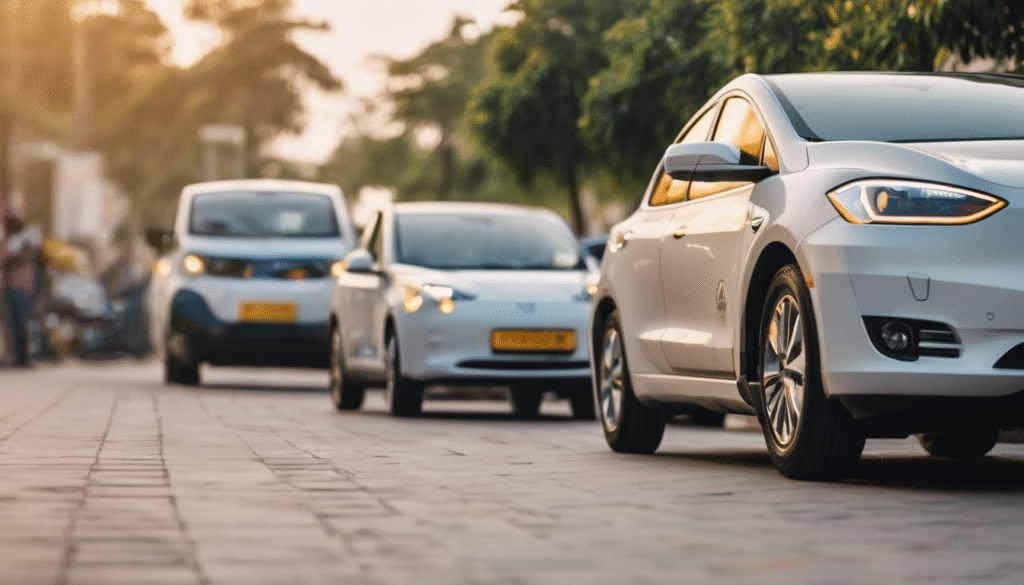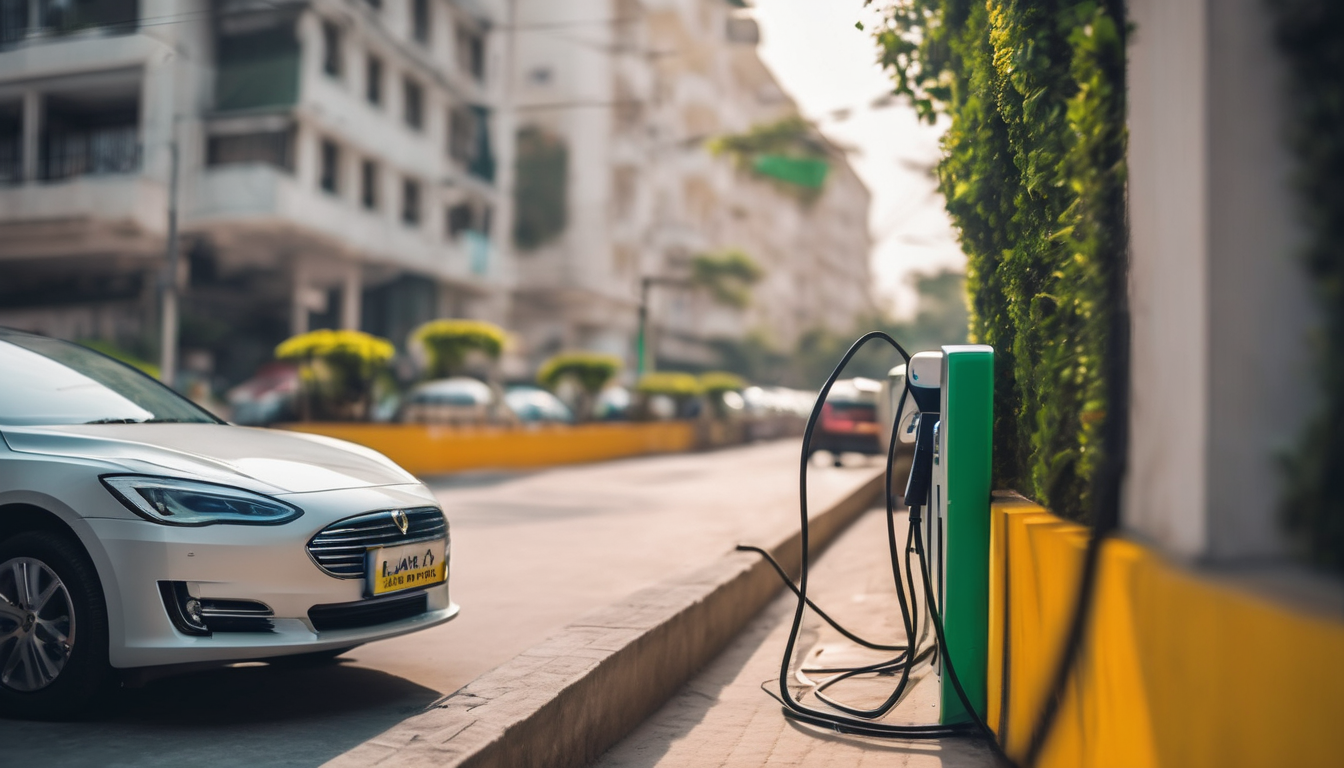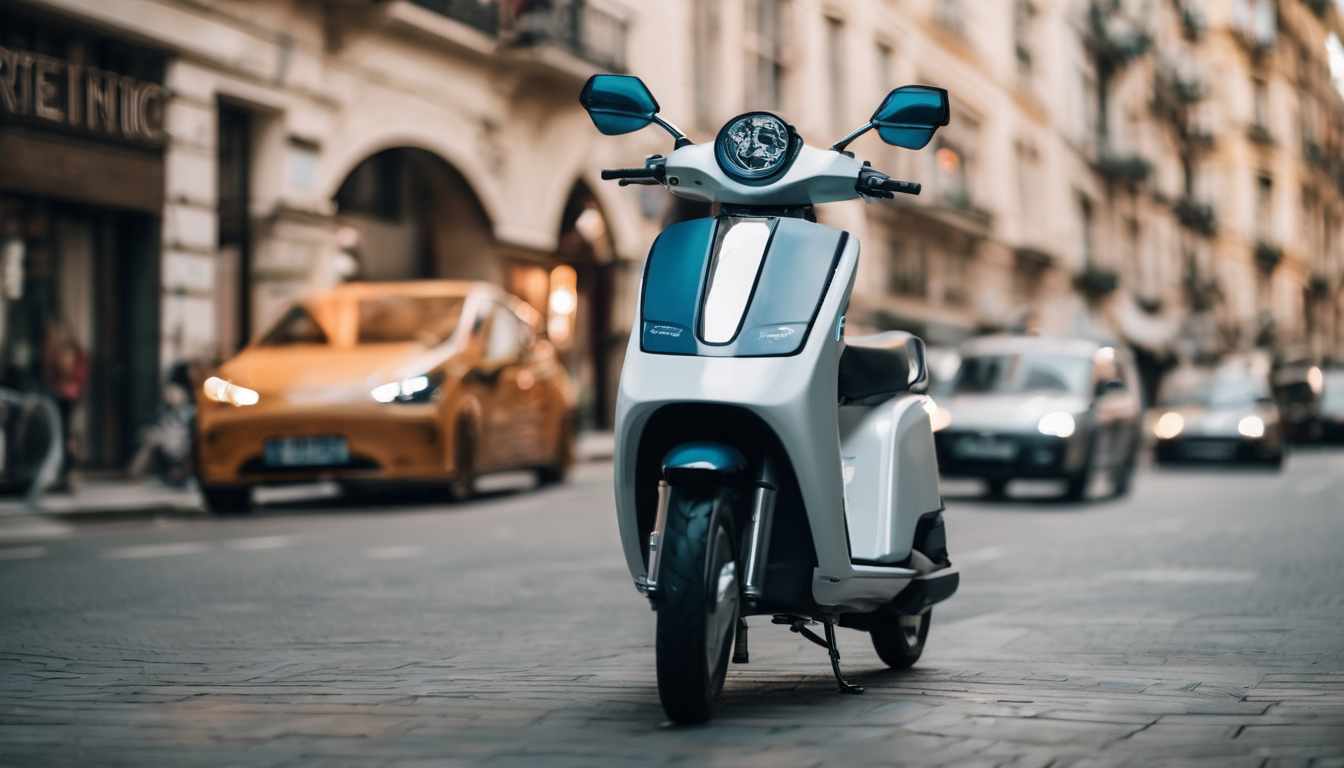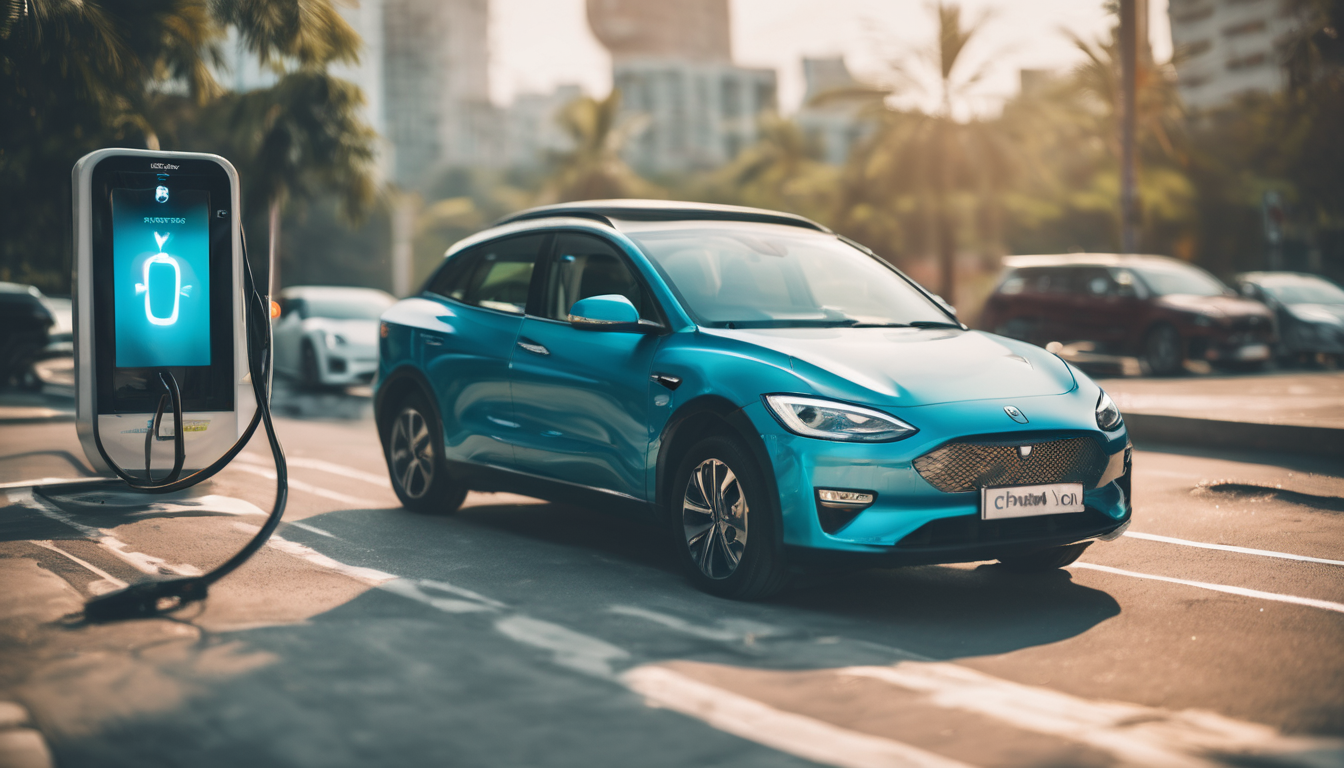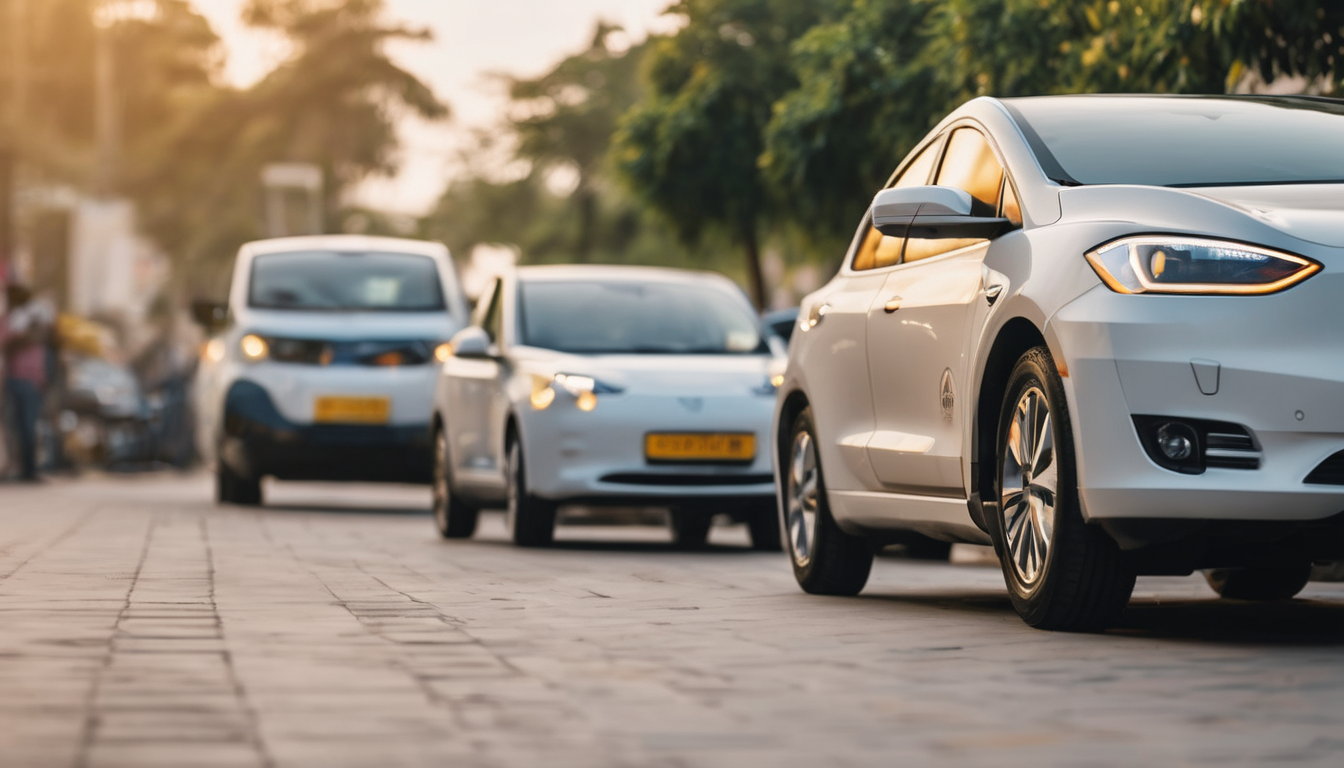Introduction
The electric vehicle (EV) revolution is gaining momentum in India, driven by a growing concern for environmental sustainability and a desire for economic efficiency. As traditional petrol and diesel vehicles continue to dominate the roads, an increasing number of Indian consumers are weighing the pros and cons of switching to electric. This article delves deep into the costs and benefits associated with owning an EV compared to conventional vehicles, helping you make an informed and eco-friendly choice.
Understanding the Cost Dynamics
When considering the switch to an EV, understanding the cost dynamics is crucial. Here’s a breakdown of the various cost factors involved.
Initial Purchase Price
– **EVs**: The initial purchase price of electric vehicles is often higher than that of petrol or diesel vehicles. However, there are more affordable options emerging in the market. For instance, check out the Top Electric Car Under 5 Lakh in India.
– **Conventional Vehicles**: Petrol and diesel vehicles generally have a lower upfront cost, making them more accessible to the average consumer.
Running Costs
– **Electricity vs. Fuel**: The cost of electricity to charge an EV is significantly lower than the cost of petrol or diesel. On average, charging an EV costs about one-fourth the price of filling up a conventional vehicle’s tank.
– **Maintenance**: EVs have fewer moving parts, which often translates to lower maintenance costs. Conventional vehicles require regular oil changes, exhaust system repairs, and other maintenance services.
Incentives and Rebates
– The Indian government has implemented various policies to encourage EV adoption, including subsidies, tax benefits, and reduced registration fees. These incentives can help offset the initial cost of purchasing an electric vehicle.
– For detailed information about the latest incentives, refer to the policy guidelines.
Insurance Costs
– **EV Insurance**: Insurance for EVs can be slightly higher due to their higher value and the cost of components like the battery.
– **Conventional Vehicle Insurance**: Insurance costs for petrol and diesel vehicles tend to be lower but can vary based on the model and age of the vehicle.
Benefits of Owning an Electric Vehicle
Electric vehicles offer numerous advantages beyond just cost savings. Here are some key benefits:
Environmental Impact
– EVs produce zero tailpipe emissions, contributing significantly to reducing air pollution. By choosing an EV, you’re actively participating in the fight against climate change.
Government Support
– The Indian government is committed to promoting electric mobility through initiatives that support infrastructure development and EV adoption. For instance, the Delhi EV Policy aims to enhance the charging infrastructure and provide subsidies.
Resale Value
– As the market for EVs grows, their resale value is expected to increase. Consumers are becoming more aware of the long-term benefits of owning an EV, enhancing its desirability in the second-hand market.
Quiet and Smooth Driving Experience
– The driving experience of an EV is typically quieter and smoother compared to conventional vehicles. The instant torque provided by electric motors allows for quick acceleration, making them fun and enjoyable to drive.
Innovative Features
– Many EVs come equipped with advanced technology and features, including regenerative braking, sophisticated infotainment systems, and driver-assistance technologies, which can enhance your overall driving experience.
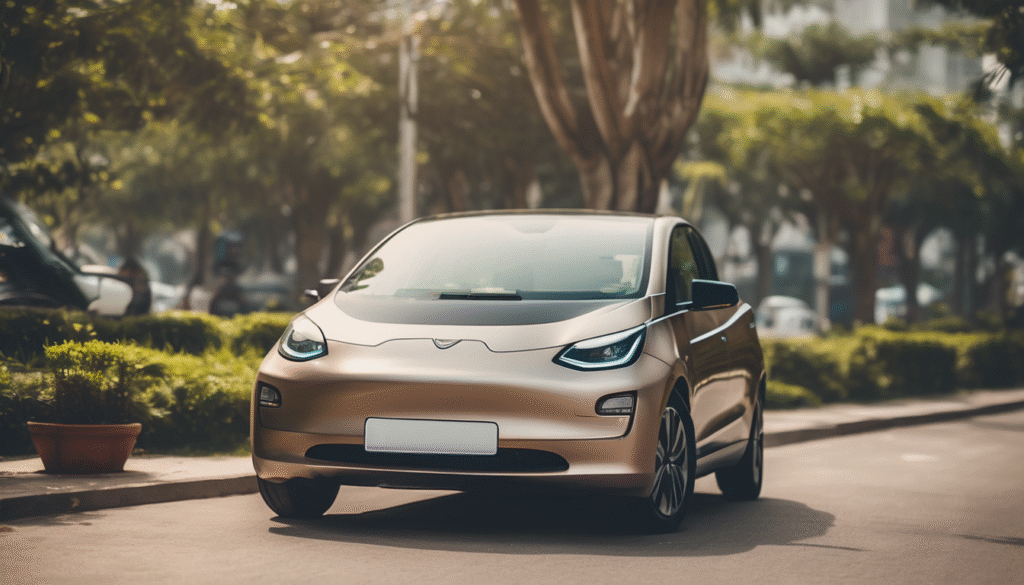
Comparative Analysis of Popular Models
To provide a clearer picture, let’s compare some popular EVs and their conventional counterparts:
Electric Vehicle vs. Petrol/Diesel Vehicle
| Feature | Electric Vehicle | Petrol/Diesel Vehicle |
|—————————–|———————————–|———————————–|
| Initial Cost | Higher (e.g., ₹10-15 lakh) | Lower (e.g., ₹5-10 lakh) |
| Fueling Cost | ₹1.5-3 per km (electricity) | ₹6-10 per km (fuel) |
| Maintenance Cost | Lower (fewer moving parts) | Higher (oil changes, etc.) |
| Environmental Impact | Zero tailpipe emissions | Significant emissions |
| Government Incentives | Various subsidies available | Limited incentives |
| Resale Value | Increasing demand | Stable, but may decline |
Challenges of Electric Vehicle Ownership
While the benefits are enticing, there are challenges to consider when owning an EV in India.
Charging Infrastructure
– The availability of charging stations remains a significant concern. Although the charging network is expanding rapidly, it may not yet cover all regions adequately. Consumers might need to invest in home charging solutions.
– For insights into the current state of EV charging infrastructure, consider checking this article.
Range Anxiety
– Many consumers fear that their EV might run out of charge before reaching a charging station. However, advancements in battery technology are continually improving the range of electric vehicles.
Battery Life and Replacement Costs
– The battery is one of the most expensive components of an EV. While most manufacturers offer warranties for battery life, potential replacement costs can be a concern for buyers.
Future of EVs in India
The future looks promising for electric vehicles in India. With substantial investments from both the government and private sectors, the EV market is expected to grow exponentially. Innovations in battery technology, charging infrastructure, and consumer awareness will drive this growth.
For those interested in larger models, check out India’s Premier 7 Seater Electric Car, the Mercedes-Benz EQB, or explore the innovative features of the Ford Explorer EV.
Frequently Asked Questions
1. Are electric vehicles cheaper to maintain than petrol or diesel vehicles?
Yes, EVs generally have lower maintenance costs due to fewer moving parts and no need for oil changes.
2. What is the average charging time for electric vehicles?
Charging time can vary based on the charger type but typically ranges from 30 minutes to several hours.
3. How do I find charging stations near me?
Various apps and websites provide real-time information about nearby charging stations.
4. What are the major reasons to choose an electric vehicle in India?
The primary reasons include lower running costs, environmental benefits, and government incentives.
5. Is the resale value of electric vehicles increasing?
Yes, as the demand for EVs grows, their resale value is expected to rise.
Conclusion
Owning an electric vehicle in India not only offers significant cost savings and environmental benefits but also aligns with the country’s broader goals of sustainable development. As the infrastructure improves and the market expands, now is an excellent time to consider making the switch to an EV. Whether you’re looking for affordability, luxury, or innovative features, the options are plentiful.
If you’re ready to embrace the future of transportation, explore your options today!


